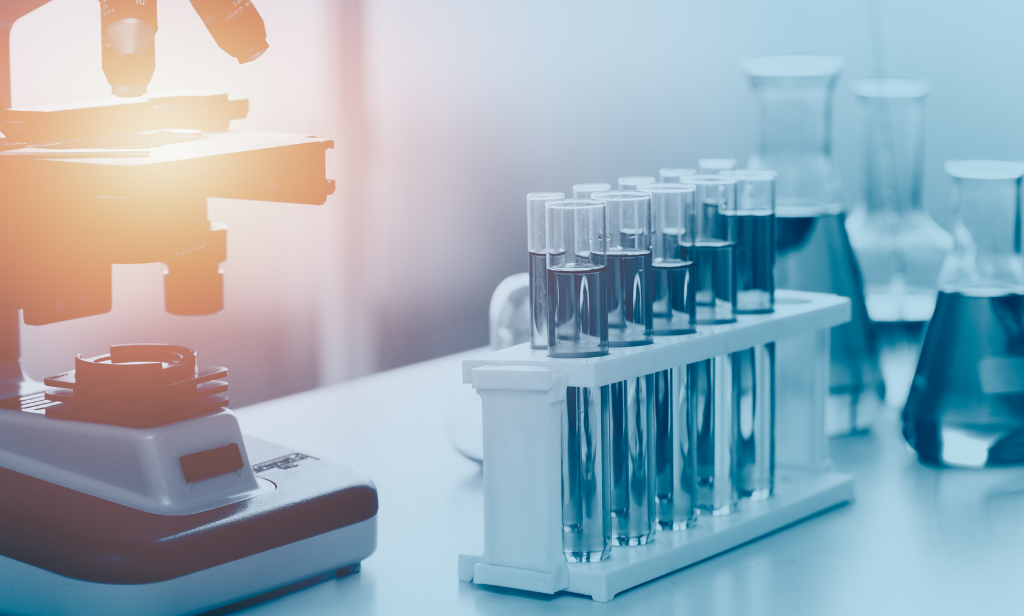
A Master's in Medical Laboratory Technology (MLT) is a specialized program designed to equip students with advanced knowledge and skills in laboratory sciences, with a focus on medical applications. Our Medical Laboratory Technology course is structured to provide students with a deep understanding of the principles and practices of laboratory science, covering a wide range of disciplines including clinical chemistry, hematology, microbiology, immunology, molecular diagnostics, and blood banking. Through a carefully crafted curriculum, students gain proficiency in laboratory techniques, specimen handling, data analysis, and quality assurance protocols.
Duration
2 Years (including 6 months of internship)
Eligibility
B.Sc.MLT or Equivalent degree with minimum 50% aggregate in qualifying examination from a govt. recognized university.
SCOPE
The scope of a Medical Laboratory Technology (MLT) course is broad and encompasses various aspects of healthcare diagnostics and laboratory medicine. Here's an overview of the scope of an MLT course:
- Research and Innovation: MLT graduates are equipped with the skills and knowledge to engage in research and innovation within the field of laboratory medicine. They can contribute to the development of new diagnostic techniques, therapeutic interventions, medical devices, and treatment modalities, thereby advancing healthcare and improving patient outcomes.
- Laboratory Techniques: Students learn a variety of laboratory techniques essential for conducting diagnostic tests and analyzing patient samples. This includes skills such as specimen collection, processing, handling, and analysis using advanced laboratory equipment and instrumentation.
- Quality Assurance: Students learn about quality control measures, proficiency testing, and adherence to regulatory standards to ensure accurate and reliable test results.
- Clinical Experience: Practical training is a vital component of MLT courses, providing students with hands-on experience in real-world laboratory settings. Through clinical internships or practicum’s, students apply their knowledge and skills under the supervision of experienced professionals, gaining valuable practical experience.
- Specialized Areas: MLT courses may offer opportunities for specialization in specific areas of laboratory medicine such as clinical microbiology, clinical chemistry, hematology, immunology, or molecular diagnostics. Specialization allows students to develop expertise in a particular area of interest and enhances their career prospects.
- Career Opportunities:. Graduates can work as medical laboratory technicians or technologists in hospitals, clinics, research laboratories, pharmaceutical companies, public health agencies, and other healthcare settings. With further education and experience, they may advance to roles such as laboratory managers, educators, or specialized laboratory scientists.
PROGRAM HIGHLIGHTS
The students are taught by the following methods:
- Tutorials
- Audio-visual Lectures
- Seminars
- Case Discussion
- Case presentations
- Continuous Medical Educations
- Practical Exposure in the various hospitals like MAX Healthcare, Paras Hospital, Medanta Medicity, etc.
- Workshops
- Hand’s on practices
- Anatomy labs
- Webinars
- Health Camps, etc
